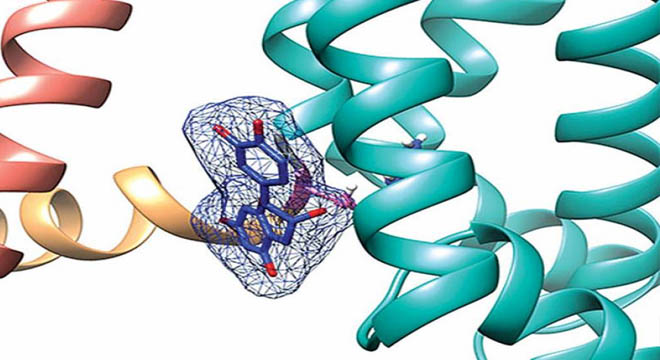ISLAMABAD – A new study from the University of California, Irvine shows that compounds in both green and black tea relax blood vessels by activating ion channel proteins in the blood vessel wall. The discovery helps explain the antihypertensive properties of tea and could lead to the design of new blood pressure-lowering medications. Published in Cellular Physiology and Biochemistry, the discovery was made by the laboratory of Geoffrey Abbott, PhD, a professor in the Department of Physiology and Biophysics at the UCI School of Medicine.
Kaitlyn Redford, a graduate student in the Abbott Lab, was first author of the study titled, “KCNQ5 potassium channel activation underlies vasodilation by tea.”Results from the research revealed that two catechin-type flavonoid compounds (epicatechin gallate and epigallocatechin-3-gallate) found in tea, each activate a specific type of ion channel protein named KCNQ5, which allows potassium ions to diffuse out of cells to reduce cellular excitability. As KCNQ5 is found in the smooth muscle that lines blood vessels, its activation by tea catechins was also predicted to relax blood vessels – a prediction confirmed by collaborators at the University of Copenhagen.
Follow the PNI Facebook page for the latest news and updates.









